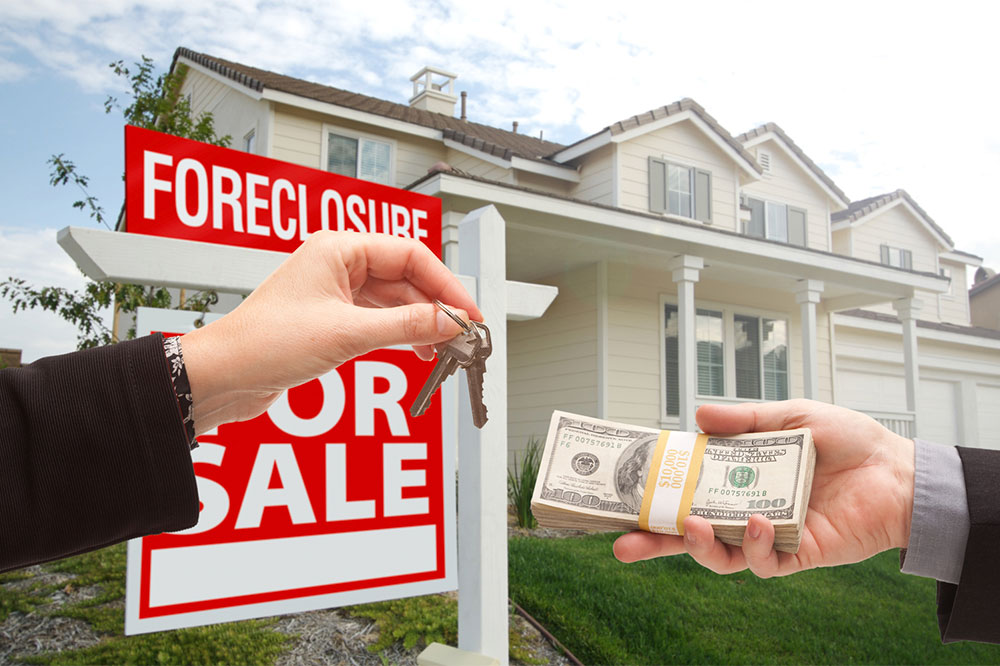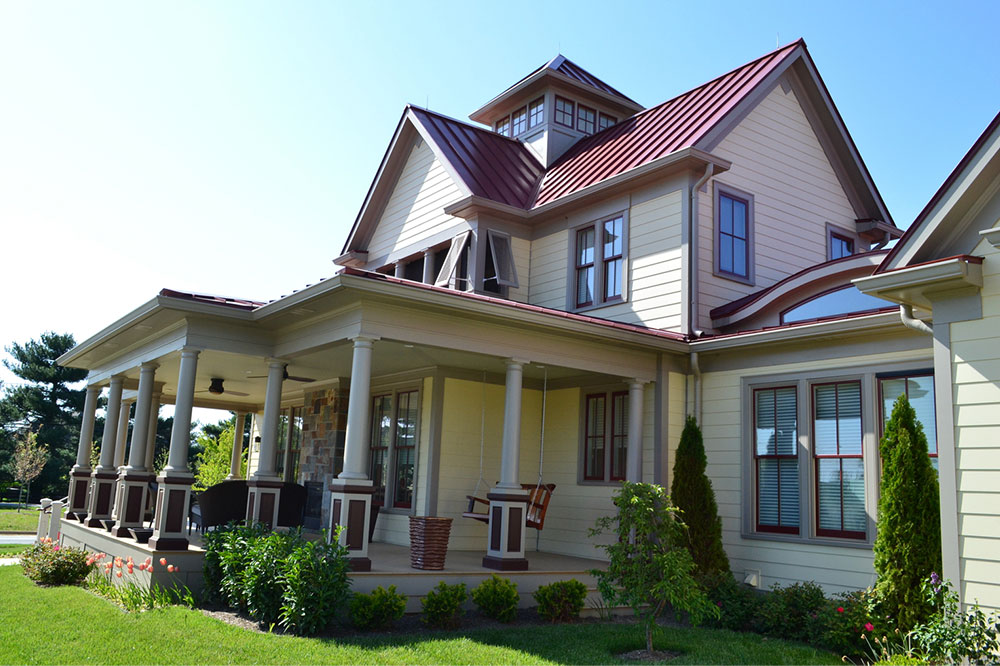Essential Strategies for Purchasing Foreclosed Properties
Learn essential strategies for purchasing foreclosed properties successfully. This guide covers hiring experienced agents, negotiating prices, utilizing federal loans, assessing market conditions, and weighing pros and cons. With expert advice and market insights, buyers can confidently navigate the foreclosure process and secure valuable deals efficiently.
Sponsored

Foreclosure happens when homeowners fail to meet mortgage obligations, resulting in the loss of their property. Financial institutions then list these properties on the foreclosure market to recover unpaid loans by selling to the highest bidder. This process offers buyers the chance to acquire homes at significantly reduced prices and access exclusive federal assistance programs. Before selecting any property, it's important to follow these key steps to ensure a smart purchase.
Hire an Experienced Real Estate Agent
Leading banks list bank-owned homes for sale, but engaging a seasoned real estate agent can help you navigate the complexities. An agent will interpret the fine print and identify suitable properties for your budget and needs.
Buyers' agents specialize in finding pre-foreclosures, short sales, auction listings, and bank-owned properties. They also possess insider knowledge beyond official listings to help negotiate better prices. Remember, the agent's fiduciary duty is to protect your interests, regardless of who pays their commission, making their expertise invaluable in foreclosure transactions.
Negotiate a Fair Price
Pricing for foreclosed homes differs from traditional real estate sales. Multiple parties are involved, including investors seeking repayment. Conditions of the property and potential repair costs influence the final price. Additionally, factors like inspections, property appreciation, and down payments play a role. Post-purchase expenses such as taxes, insurance, and mortgage payments should also be considered to establish a reasonable offer.
Explore Federal Loan Options
The federal government offers specific loan programs designed for foreclosed property buyers. The USDA provides loans under sections 502 and 504 for low-income individuals in rural areas, including grants for seniors. Veterans also have access to special federal financing with benefits like no down payments, reduced closing costs, and waived mortgage insurance, making homeownership more accessible for them.
Assess Market Conditions
Foreclosed homes are usually sold in 'as-is' condition, which can range from fully renovated to severely neglected. It's crucial to analyze comparable properties to determine market value, helping you craft a competitive offer. Since banks seldom negotiate further, being well-informed about the property's worth puts you in a strong negotiating position. For popular listings, consider raising your bid to secure the property quickly.
Evaluate Advantages and Risks
Foreclosure deals often offer below-market prices, but they come with complexities requiring specialized knowledge and reliable representation. Opting for homes in good condition minimizes repair costs, but higher bids could lead to financial strain if additional expenses arise. These properties attract investors aiming to flip homes quickly, creating stiff competition. Consulting with real estate experts ensures you make informed decisions and secure advantageous terms. Note that contractual agreements are subject to amendments before ownership transfer, emphasizing the importance of thorough due diligence.






